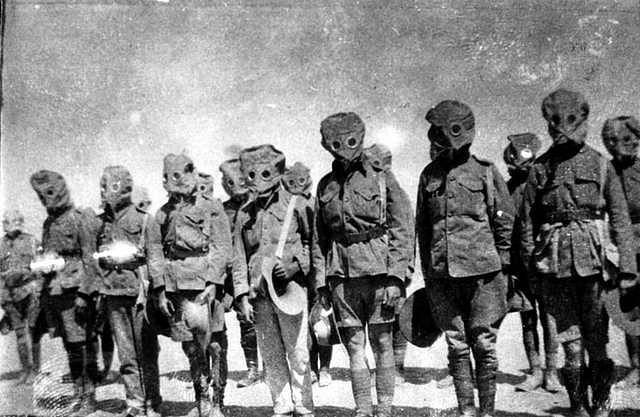
What does a world look like where the valuation of worth is not arbitrarily measured as an equation of: Cultural worth divided by time divided by end product?
In the current system the valuation of cultural worth is entirely arbitrary and unreasonable. Cultural valuations often, but not always, place greater value on time spent in creative and mental pursuits when contrasted to physical or servile pursuits. The time of the person who slings Coffee’s is considered of lesser value than the time of Singer/entertainer at the coffeeshop; the professional baseball player’s time is worth exponentially more than the gym teacher of baseball.
Time spent acquiring ability to extract the end product, sometimes, but not always, adds to the valuation. Paradoxically it often takes less time/effort to achieve an end product as the level of expertise increases.
How much time is how much money varies depending on the task/end product—the price and quality of the Journeyman’s versus the master’s end result could be the same or vastly different—the time to completely is likely far faster for the master. In part, this is why the concept of an hourly wage exists—the journeyman can’t survive if the valuation for the end product is the sole basis of their remuneration.
A common saying suggests that it takes 10,000 hours of time to master any skill. Those 10,000 hours sometimes add value to the end product but sometimes it’s just a matter of amount of time to complete the task.
When the amount of time spent actively working decreases to produce the same end result, the expectation is almost always that more end result is required from the worker in order to maintain full wage value. An office worker in a role for more than 10 years can solve their role’s tasks far more quickly and efficiently than they did as a new hire because they have over 10,000 hours experience in their role. Their pay scale for the role does not change, but the amount of non-working time they have in a shift may reach the point of exceeding time spent working, as their experience increases. In the current world of time is money, an audit of such a role in year one would show an inefficient worker in need of improvement (to be expected—still learning the role), year 5 would show and adequate worker, but year 10 would show a lazy worker, who needed to be reprimanded for laziness—even though the same amount of work is being completed as it was in year 5.
So what’s fair? Is it fair that I can work faster than you to get the same task completed? Should I be “penalized” for that by having more work assigned to me than you? Should you be paid less? Should I earn more because I have a graduate degree? Should you earn more because you can throw a ball into a glove from 60 feet 6 inches at 140 Kph and I can barely throw 30 feet on target, underhand?
I don’t know the answer, but Covid’s taught me that society needs the coffee slinger, the grocery store worker and the baseball player equally, if for different reasons. It’s got me thinking that how we value our worth in time needs an overhaul.

